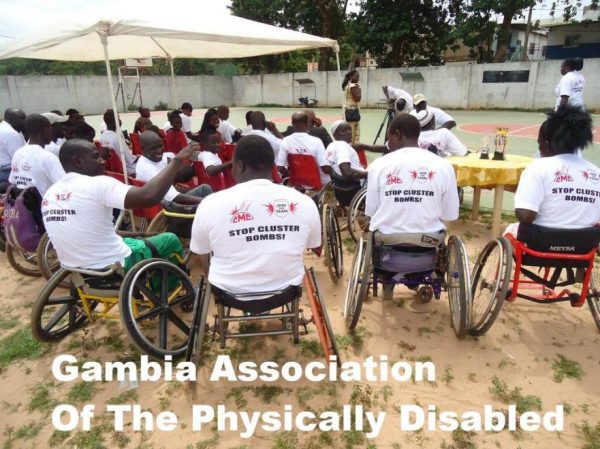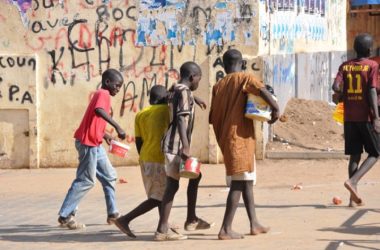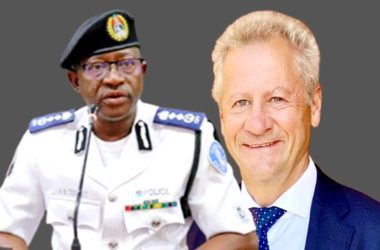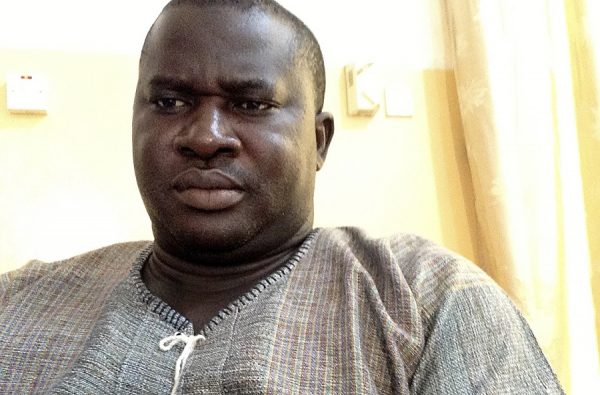
A Gambian based activist have accused successive governments in the Gambia of terribly failing people living with disabilities in the country.
Njundu Drammeh, national coordinator of the Child Protection Alliance (CPA), said the Gambian environment is disabling and compounds the challenges and discrimination which persons with disabilities are forced to contend with.
In an opinion piece to mark the International Day for the Rights of Persons with Disabilities, Mr Drammeh said people living with disabilities in the Gambia are discriminated and face difficulties and various challenges.
He said successve governments have failed to introduce a piece of legislation or Act which comprehensively focuses solely on the rights of persons with disabilities despite the country’s ratification of the Covenant on the Rights of Persons with Disabilities in 2013.
He added that there is no national policy which addresses the issues affecting persons with disabilities and the last national research on disabilities in the Gambia was conducted in 1998.
“There is limited services for persons with disabilities, including orthopaedic, visual, sexual and reproductive health and rights and other services,” he said.
“There is limited access to education, especially for senior secondary and tertiary education ( lack of teachers with skills to teach students with disabilities, lack of educational resources such as Braille machines, etc.) and inadequate mainstreaming of children with disabilities into mainstream schools.”
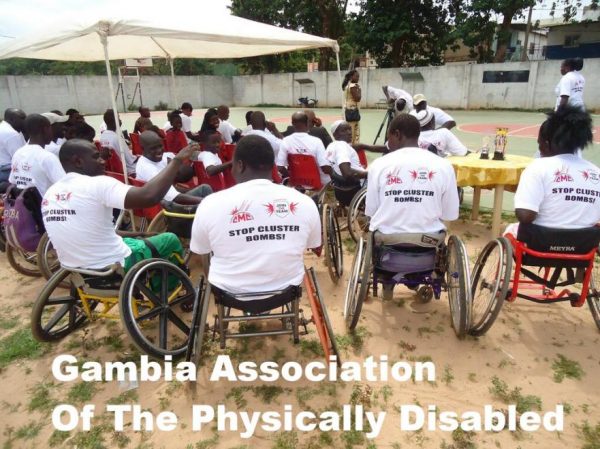 Mr Drammeh added that most most public transportation and public buildings in the Gambia including buildings at State House, the Quadrangle, Supreme Court complex, SSHFC and the UN building which houses UNDP, UNICEF and UNFPA are not accessible to persons with disabilities.
Mr Drammeh added that most most public transportation and public buildings in the Gambia including buildings at State House, the Quadrangle, Supreme Court complex, SSHFC and the UN building which houses UNDP, UNICEF and UNFPA are not accessible to persons with disabilities.
“As we celebrate the International Day for the Rights of Persons with Disabilities, I hope that in the Gambia we would seriously reflect on the rights that this segment of our population is enjoying, the discrimination they face, the difficulties and challenges they daily encounter, the limited services there are for their special needs, the abandonment and despondency which characterise the lives of many of them, the governmental neglect,” he said.
“I would propose that the new Constitution contains provisions which would make all public buildings and transportation accessible and disable friendly; all national documents, including the Constitution, have their equivalent Braille versions; quota for persons with disabilities in all elected bodies at the national and local government levels.
“We must do better for persons with disabilities, not as charity or favours but as obligations we have. We must refuse to be bystanders when a person with disability is discriminated or abused. We must insist that the State put in place the requisite policy and legal frameworks for to ensure the rights of persons with disabilities are respected, protected and fulfilled. We have long betrayed a significant part of our society.”

